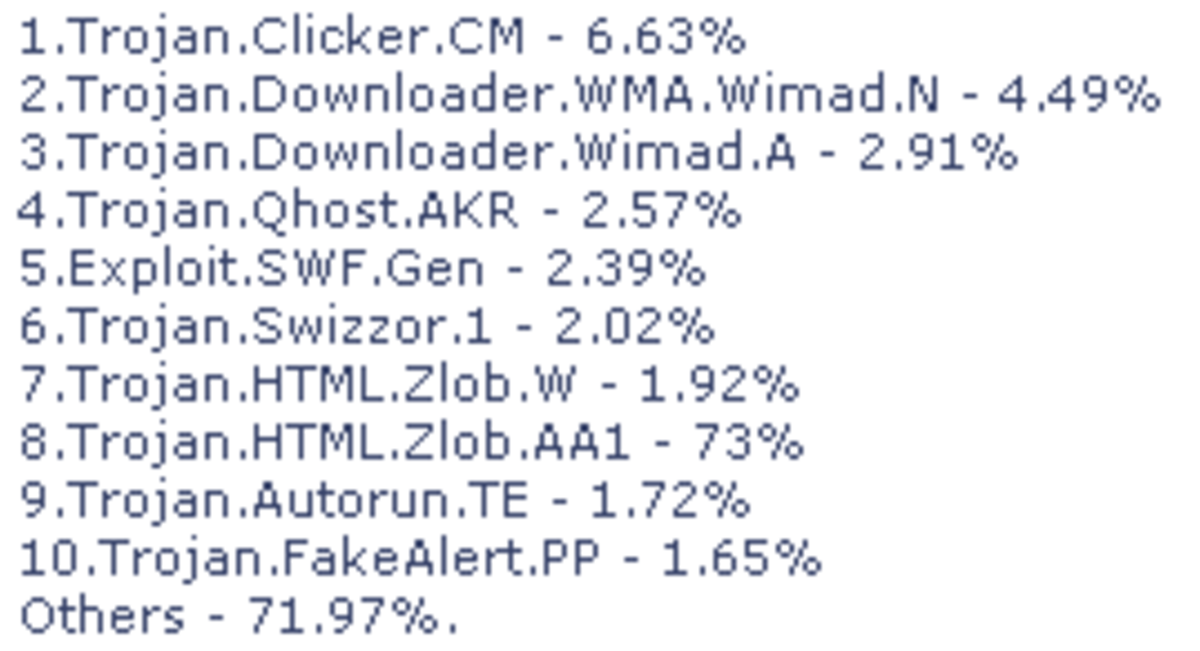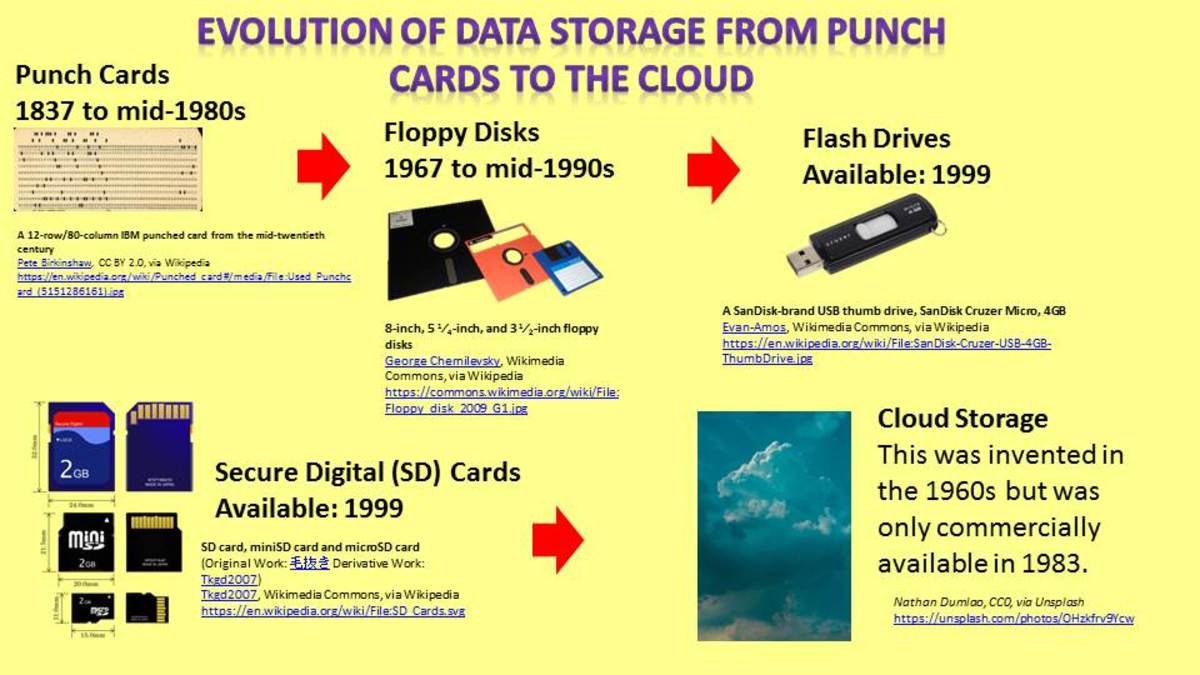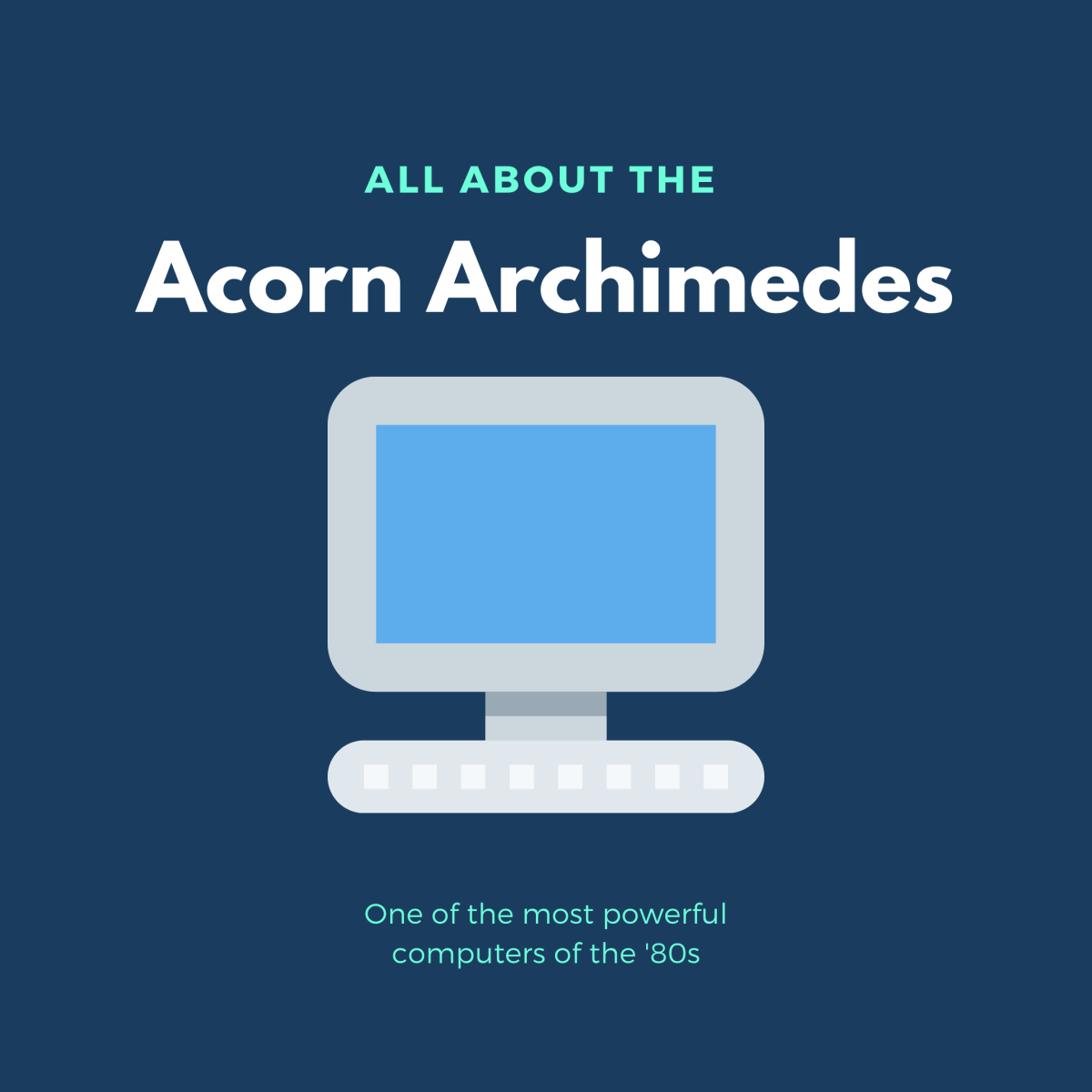Death of Computer Pioneer John Warner Backus

He was Looking for An Easier Way to Write Programs
Those of us who write or even use computer programs owe a big debt of gratitude to John Warner Backus who recently passed away on March 17, 2007 at the age of 82. While writing code is still a complex process, it is much faster and easier than in the days prior to Backus' development of the computer programming language known as Fortran in the early 1950s.
Prior to Fortran, programmers had to program computers using strings of digits. Fortran is an acronym for Formula Translation and that describes what the program does. Using Fortran, a programmer is able to enter commands into a computer using English like words which the computer then translates into the proper number sequences.
Born in Wilmington, Delaware in 1924, John Backus entered the computer industry almost by accident in the early 1950s. Shortly before completing a Master's Degree program in Math at Columbia University in New York City, Backus accepted an invitation to tour the then IBM World Headquarters located on the corner of 57th and Madison Avenue in Manhattan. On the tour he was shown IBM's Selective Sequence Electronic Calculator (SSEC), a computer with 21,400 relays and 12,500 vacuum tubes which could do complex arithmetic problems with amazing speed. While viewing the machine, Backus was introduced to Rex Seeber, one of the inventors of the SSEC. The two had immediate rapport and Seeber hired Backus on the spot.
But Backus was frustrated with the slow and tedious process of coding number strings to write programs and soon was proposing the development of a new type of language. One that would be more intuitive and easier and faster to write. In November of 1954, at age 29 John Backus and a couple of co-workers were given authorization to try to develop the new language. A short time later they delivered the program they called Fortran, the world's first high level programming language, to their boss. Fortran paved the way for the development of similar high level programming languages, all of which made programming easier and faster. Without high level languages, like Fortran, the PC revolution would not have been possible because, without software applications, there is no market for mass produced PCs. And without the easier to use and more powerful high level programming languages, it would have been impossible to find and train a sufficient number of programmers to write the code, using the slow and tedious number string method of yesteryear, to produce the vast number of application programs we now rely on for our work and pleasure every day.
Backus once attributed his success to his being lazy – he wanted to make his job easier. It is said that necessity if the mother of invention and throughout history humans have constantly strive to make life easier and better. In addition to Fortran, this laziness or search for an easier way to do something motivated others to make major strides in the development of more powerful and easier to use software. In 1977 University of Utah graduate computer science student Bruce Bastain approached one of his programming teachers with an idea for a word processor type program to write musical scores – an effort that resulted in the creation of WordPerfect which soon became the dominant word processing program in the 1980s and early 90s. In a similar vein Dan Bricklin, a graduate student at MIT, in 1979 was looking for an easier way to do his accounting homework and came up with the idea for, what he described, as a word processor for numbers out of which came VisiCalc the first spreadsheet program that was the predecessor to the famous Lotus 1-2-3 and, later, Microsoft Excel, spreadsheet programs.










